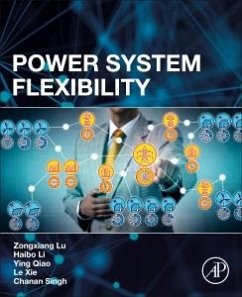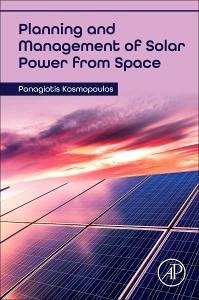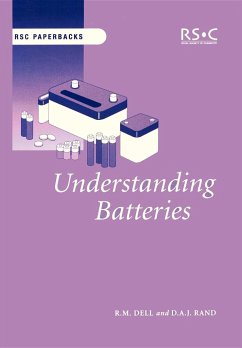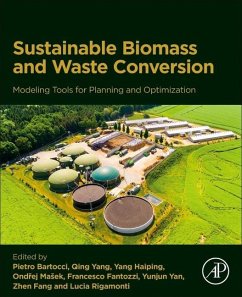
Electrochemical Power Sources: Fundamentals, Systems, and Applications
Advanced Industrial Lead-Acid Batteries
Versandkostenfrei!
Versandfertig in über 4 Wochen
185,99 €
inkl. MwSt.

PAYBACK Punkte
93 °P sammeln!
Advanced Industrial Lead-Acid Batteries, the latest release in the Electrochemical Power Sources: Fundamentals, Systems, and Applications series, presents a detailed accounting of reserve and motive power industrial lead-acid batteries, also including recent developments and new applications. Lead-acid batteries (LAB) for reserve and motive power applications have, in recent years, undergone an evolutionary process triggered by novel developments in telecommunication, information technology, material handling, and renewable energy applications. This book details those advances, giving users th...
Advanced Industrial Lead-Acid Batteries, the latest release in the Electrochemical Power Sources: Fundamentals, Systems, and Applications series, presents a detailed accounting of reserve and motive power industrial lead-acid batteries, also including recent developments and new applications. Lead-acid batteries (LAB) for reserve and motive power applications have, in recent years, undergone an evolutionary process triggered by novel developments in telecommunication, information technology, material handling, and renewable energy applications. This book details those advances, giving users the latest information on this rapidly advancing field.












